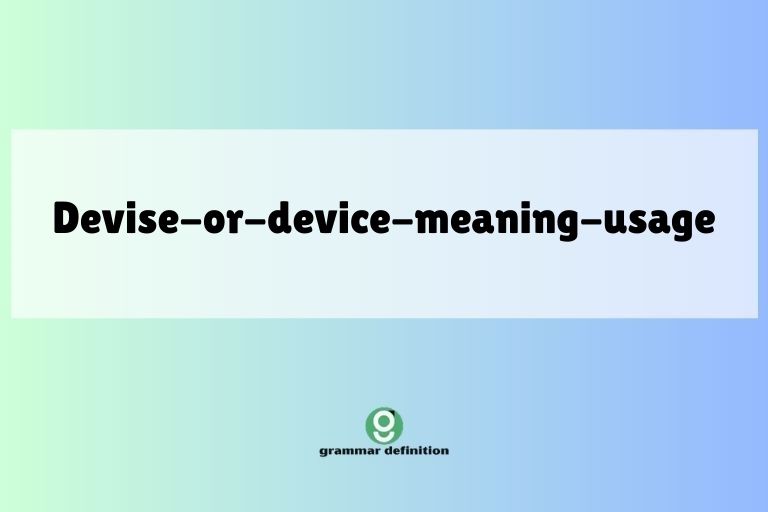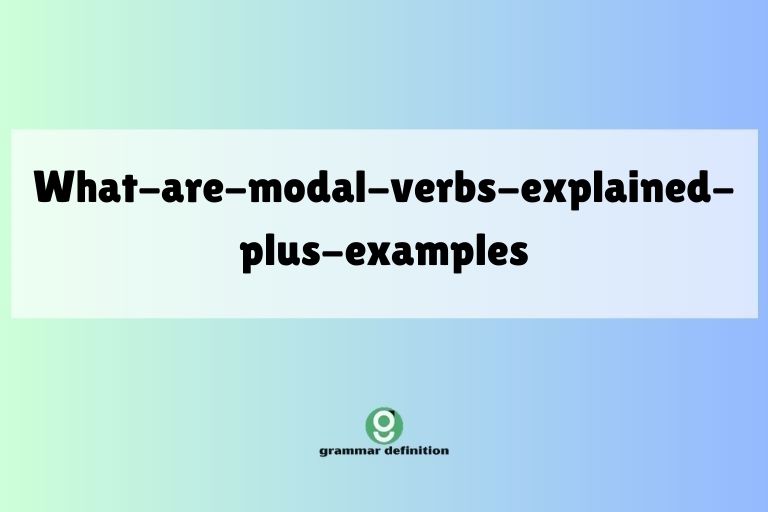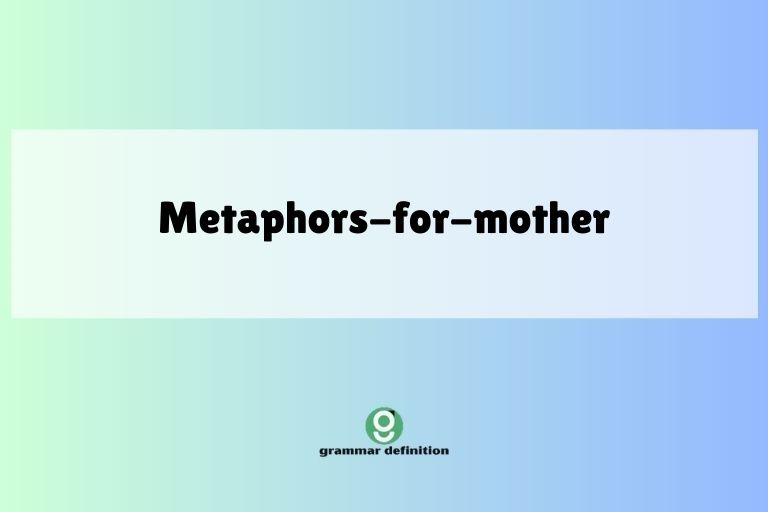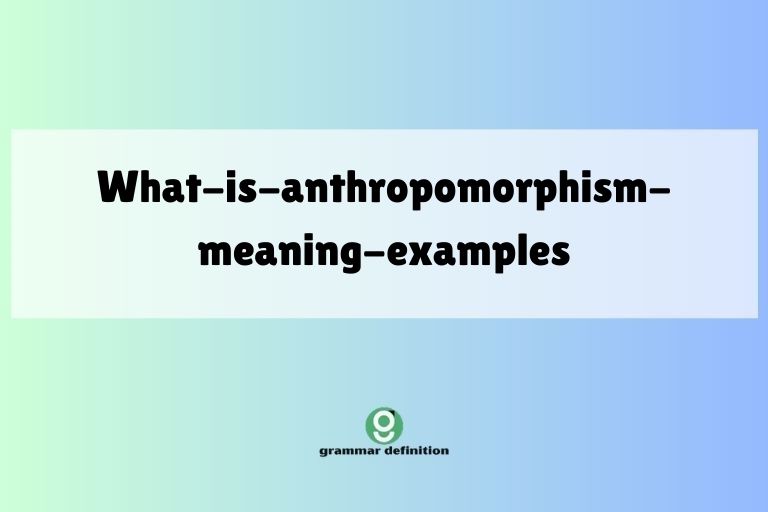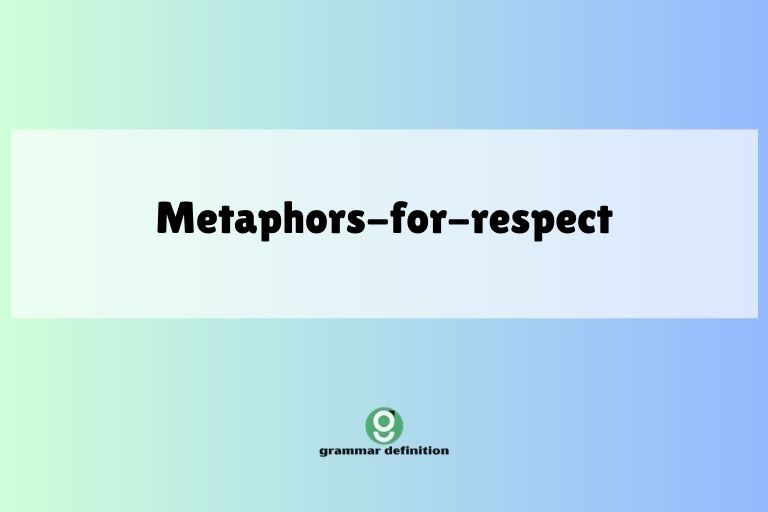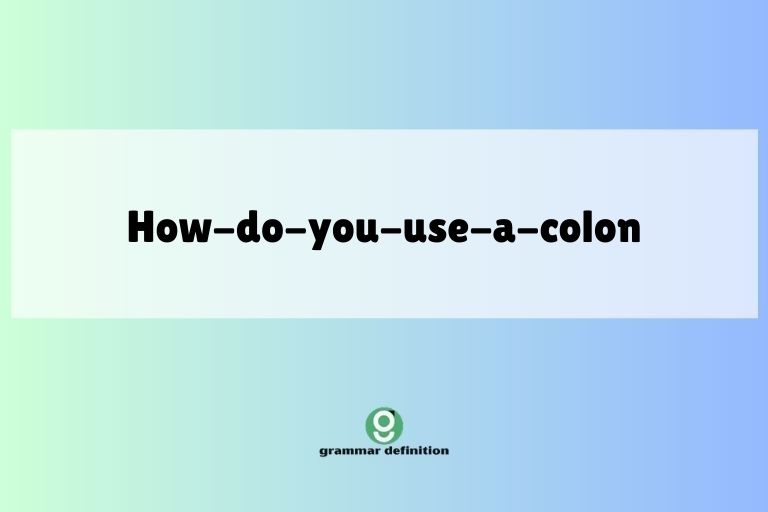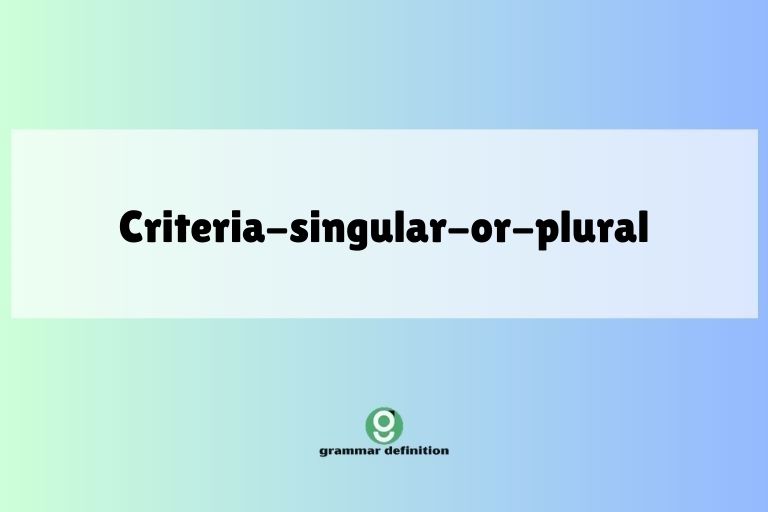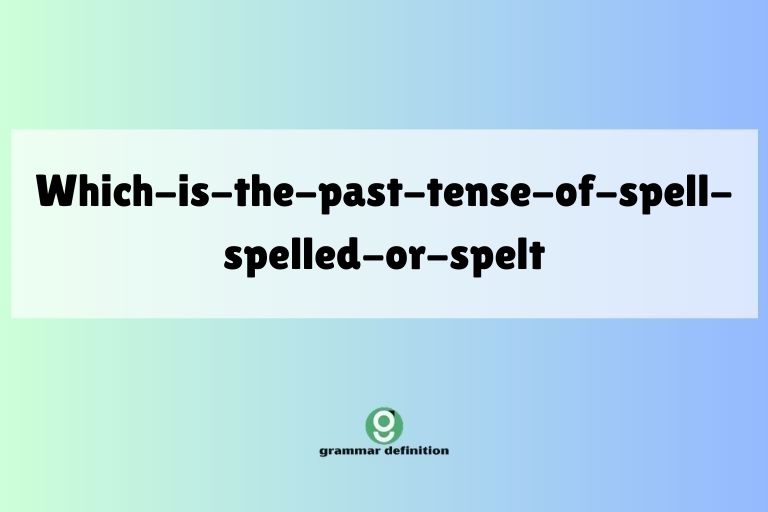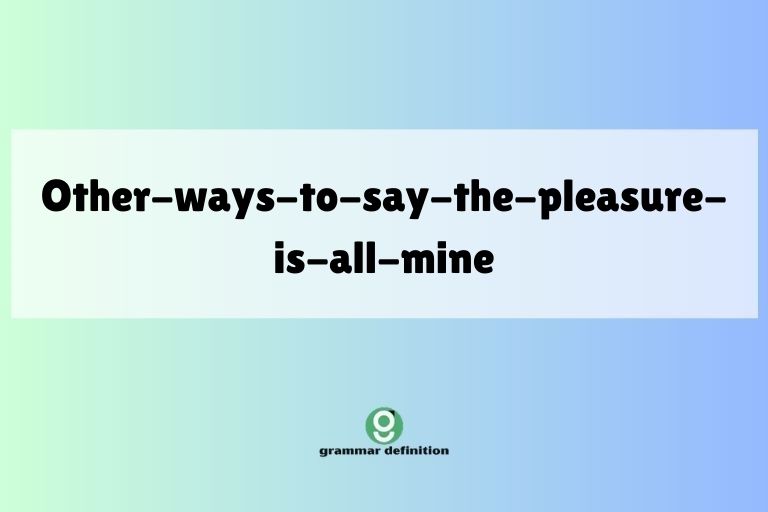Devise vs. Device: Mastering the Correct Usage
Understanding the difference between “devise” and “device” is crucial for clear and accurate communication in English. These words, often confused due to their similar spelling and pronunciation, have distinct meanings and grammatical roles. Mastering their proper usage will significantly improve your writing and speaking skills, preventing embarrassing errors and ensuring your message is understood as … Read more

